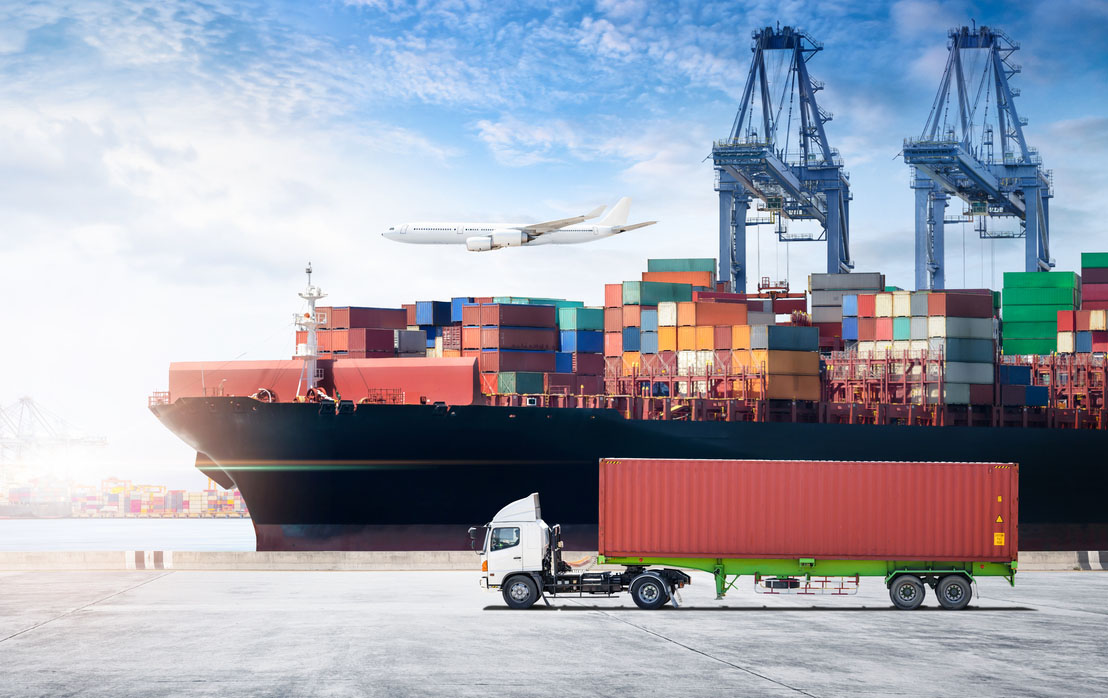Many of the critical actions needed to deliver Net Zero, particularly in buildings and transport, are local and place-based. Local authorities and their stakeholders are uniquely placed to facilitate and support delivery. The UK’s Net Zero Strategy highlighted that 82% of UK emissions are within the scope of local influence. The delivery challenge is complex, however, and a step change in mindset is needed, introducing new working practices and greater emphasis on collaboration and delivery of local plans with communities, businesses and infrastructure providers fully engaged. This event explored how local authorities and other actors are using their influence to plan and deliver effective place-based local Net Zero action.
Webinar 1 - Navigating the Net Zero transition for cities and regions
Wednesday, 26 June 2024
In the first webinar the Carbon Trust experts and its partners explored how different organisations are using their influence to enable place based, local action towards Net Zero.
Webinar 2 - Navigating the Net Zero transition for cities and regions: Supply chain
Tuesday, 9 July 2024
In the second webinar of the series, experts presented information on key areas of public sector Scope 3 carbon emissions, focusing on supply chains and purchased goods and services. The session included case study information from a public body advancing supply chain decarbonisation. The event aimed to provide information on Scope 3 carbon emission considerations for public bodies and equipped attendees with knowledge for advancing decarbonisation of public sector supply chains.
Webinar 3 - Navigating the Net Zero transition for cities and regions: Heat networks
Wednesday, 24 July 2024
In the third webinar of the Carbon Trust event series, experts discussed the challenges and opportunities for the heat network sector in the UK. Heat networks were a crucial part of the government’s strategy to reach Net Zero emissions cost-effectively by supporting the transition from traditional carbon-intense heating systems in urban areas to low-carbon alternatives at scale. To bolster market advancement, heat networks were steadily moving towards being treated as regulated utilities, like gas and electricity services. The Energy Act was set to steer a new regulatory framework, with Ofgem appointed to regulate the market. The primary objective was to ensure customers received fair pricing and a reliable heat supply. The new regulatory landscape also aimed to implement compulsory technical standards to ensure that new and established heat networks were operated efficiently. This event explored the critical aspects of the upcoming regulations and the associated challenges and opportunities for the sector.
Webinar 4 - Navigating the Net Zero transition for cities and regions: Renewable energy
Wednesday, 7 August 2024
Increasing renewable energy deployment was crucial for cities and regions to reach Net Zero. In this webinar, our experts discussed how to develop and implement renewable energy projects at the local level and the challenges involved. We covered the steps required, from identifying potential land parcels and conducting feasibility assessments to project development and planning, through to project implementation and operation. We were joined by Dewi Day from Aberystwyth University, who shared the experience of successfully planning and implementing a ground-mounted solar PV project on university-owned land.




